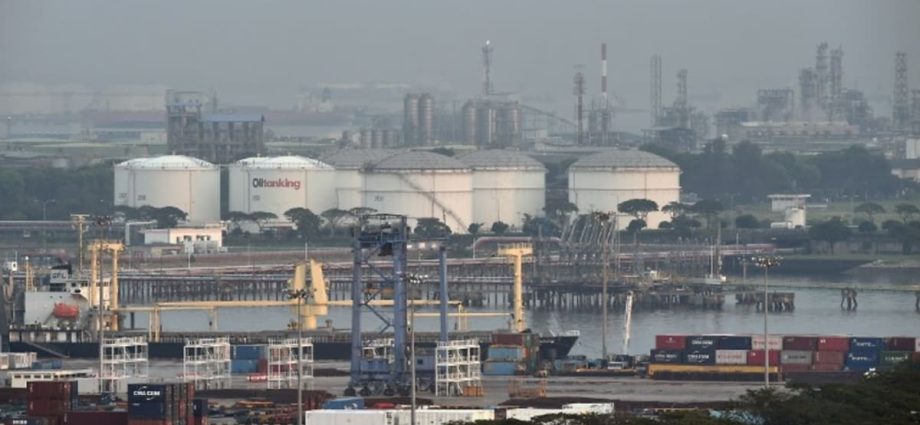
While natural gas is the cleanest form of fossil fuel – it produces the least amount of carbon emissions per unit of electricity – Singapore cannot achieve net zero emissions if it continues to rely solely on natural gas, said Mr Wong. But the country has a dearth of options for clean energy due to a lack of natural resources. A way around this is to import low-carbon energy and Singapore is making progress in this, the Deputy Prime Minister said.
“But there is a limit to importing electricity without compromising security. So we will need other options to decarbonise the rest of our energy supply.”
These options include hydrogen, which Mr Wong described as still “technologically nascent, costly and risky”. Singapore set out its National Hydrogen Strategy in 2022 and will start by testing and deploying ammonia, a hydrogen carrier, for power generation and bunkering on Jurong Island.
Singapore is also assessing the possibilities of geothermal power – heat from the earth as an energy source – and is tracking developments in nuclear energy.
“We will build our capabilities, so that we can critically assess the evolving technologies in this space and decide on the feasibility of nuclear deployment one day in the future,” said Mr Wong.

